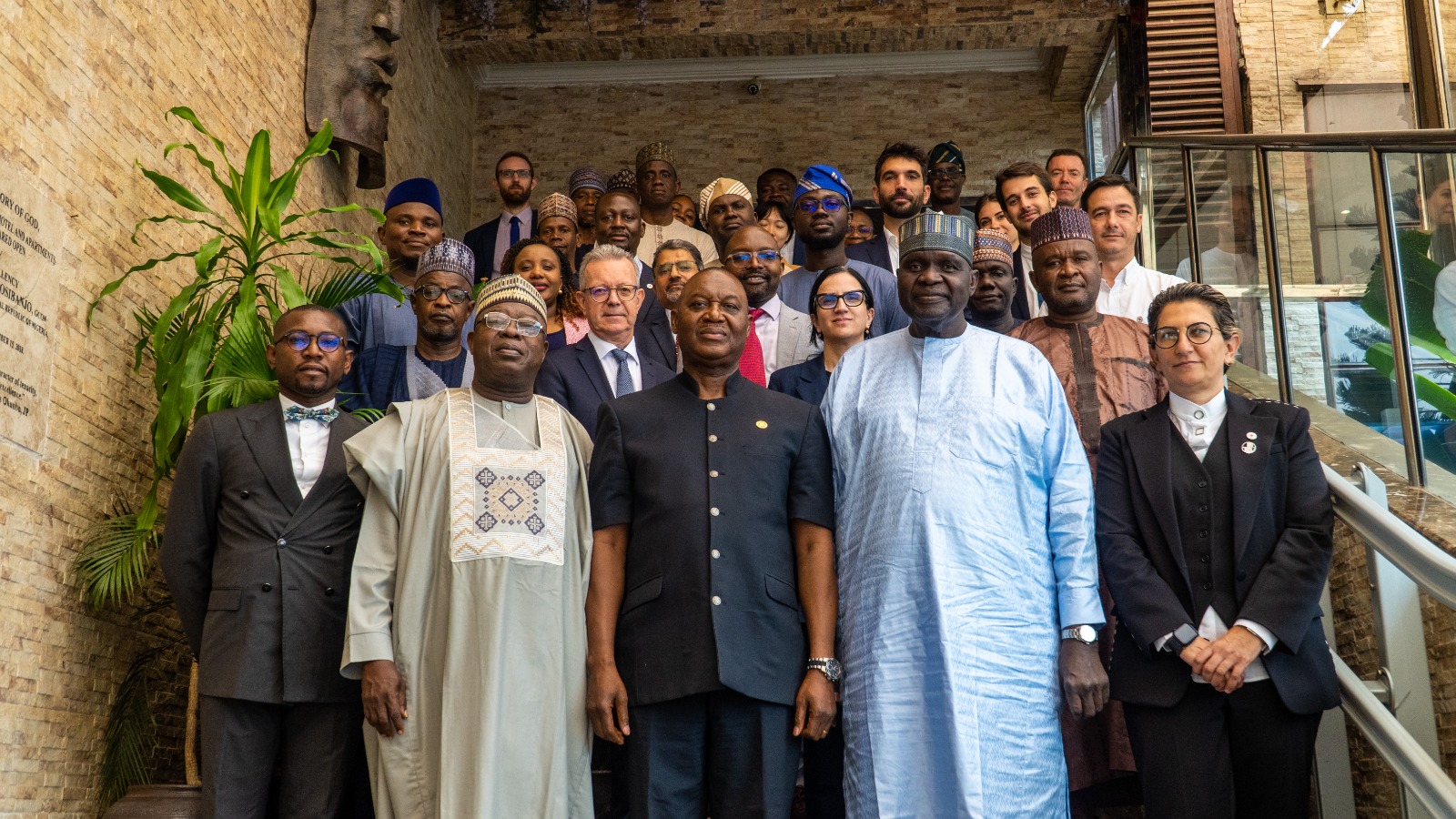BY MUSA IDRIS UMAR, SEPTEMBER 10, 2025 | 05:30 PM
The International Committee of the Red Cross (ICRC) and the African Development Bank (AfDB) have partnered with the Borno State Government to drive the implementation of the Maiduguri Urban Water Supply Masterplan.
The roadmap was designed to ensure reliable water services for the city’s fast-growing population.
At a high-level roundtable held in Abuja on Wednesday, government officials, humanitarian actors, development partners, financial institutions, and technical experts endorsed the masterplan, which aims to provide safe and sustainable water access to 2.5 million people by 2030.
The meeting was co-convened by the ICRC and AfDB in partnership with Nigeria’s Federal Ministry of Water Resources and the Borno State Government.
Speaking at the forum, the ICRC’s Head of Delegation in Nigeria, Doris El Doueihy, stressed the urgency of linking humanitarian response with long-term resilience.
'The humanitarian–development link is not just a concept; it is a lifeline. We must respond to urgent needs while investing in long-term solutions to prevent setbacks to development,' she said.
Maiduguri, the capital of Borno State, has been at the epicenter of conflict and displacement for over a decade.
Its population has more than doubled since 2006, driven by conflict and climate pressures, and is projected to exceed 2.5 million by 2030.
Current public water systems cannot meet demand, forcing households to rely on unsafe and costly private boreholes.
The 2024 floods further exposed the city’s vulnerability.
The ICRC, which has been operational in Borno since 2012, has repaired boreholes and rehabilitated water systems across displacement camps and host communities, recently improving access for 150,000 residents in Maiduguri.
The new masterplan builds on this foundation to expand access citywide.
The AfDB pledged to align its resilience strategy with the water project, emphasizing that access to safe water is key to both peace and development.
'Water, resilience and peace are closely connected. Through initiatives like the Inclusive Basic Service Delivery Project, we aim to help northern Nigeria transition from recurring crises to stability and growth,' said Dr. Abdul Kamara, AfDB’s Director General for Nigeria.
Over the past decade, the AfDB has invested more than $805 million in water and sanitation projects across Nigeria, benefitting at least eight million people.
At the Abuja roundtable, participants issued an Urgent Call for Action, committing to:
-Use the masterplan as the guiding framework for all interventions.
-Establish a steering committee to oversee implementation.
-Prioritize the Maiduguri Water Infrastructure Rehabilitation and Development Initiative, supported by $10 million in catalytic financing.
-Mobilize resources from state, federal, and international partners.
-Sustain dialogue to maintain momentum.
The meeting ended with a shared determination to ensure safe water access for Maiduguri’s residents, seen as vital for public health, resilience, and sustainable development in conflict-affected northeast Nigeria.

